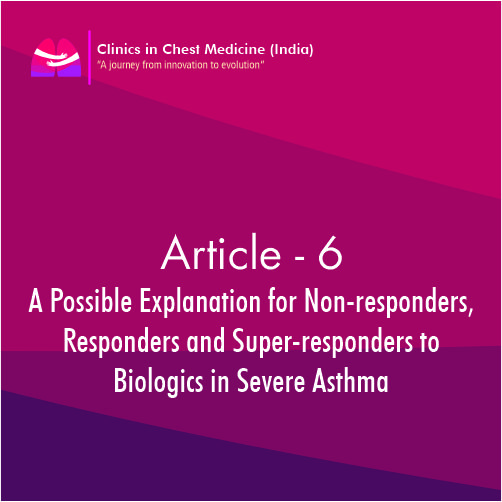World T B Day
Tuberculosis (TB) is an infectious disease caused by Mycobacterium tuberculosis. Tuberculosis commonly affects the lungs, but can also affect other parts of the body. It spreads from person to person through the air, when people who are infected with TB infection cough, sneeze or otherwise transmit respiratory fluids through the air.About one-quarter of the world’s population is estimated to be infected by TB bacteria but out of these only 5-15% of people will fall ill with active TB disease. The rest have TB infection with no illness and cannot transmit the disease. According to WHO, an estimated 9.9 million people fell ill with TB and 1.5 million people died globally in 2020, despite being a preventable and curable disease.India notified more than 2.4 million TB cases in 2019, it continues to have the largest share of the global TB burden. India’s National TB Elimination Programme (earlier known as Revised National TB Control Programme) is strengthened to meet the goal of ending the TB epidemic by 2025 from the country, five years ahead of the Sustainable Development Goals (SDG) for 2030. The National Strategic Plan for Tuberculosis Elimination 2017-2025 was developed to achieve the goal. India has the highest burden of both tuberculosis (TB) and multidrug-resistant (MDR) TB based on estimates reported in Global TB Report 2016.[1] Although the available data suggest that the TB epidemic may be on the decline, the absolute number of new cases is still the highest.
India accounts for about 24% of the global prevalence, 23% of the global incident cases, and 21% of the global TB deaths.[2] Taking into consideration the magnitude of the disease burden, the Government of India has announced its plan to eliminate TB by 2025 during the Union Budget 2017–2018. The NSP 2017–2025 focuses on consolidating the achievements of previous NSP. The new National Strategic Plan (NSP) for TB elimination has incorporated certain new features like: Provision of digital X-ray preferably enabled with Computer Aided Diagnosis (CAD) and teleradiology services across the health sector, Universal Drug Susceptibility Testing (DST) to at least Rifampicin for all diagnosed TB patients through offer of Cartridge-based nucleic acid amplification test (CBNAAT), a sentinel surveillance system in the country with National TB Institute, Bangalore as the nodal centre and setting up sentinel centres at 10 sites with additional human resource and sequencing equipment and reagents, establishment of 2 additional National Reference Laboratory (NRLs) (West and North-East), National TB Policy and TB Bill, National TB Elimination Board: An apex body to facilitate policy development, implementation etc.[4 Each year, we recognize World TB Day on March 24. This annual event commemorates the date in 1882 when Dr. Robert Koch announced his discovery of Mycobacterium tuberculosis, the bacillus that causes tuberculosis (TB).







